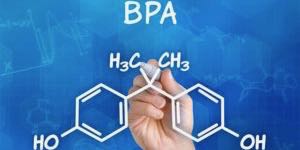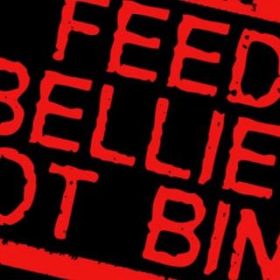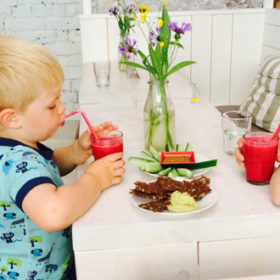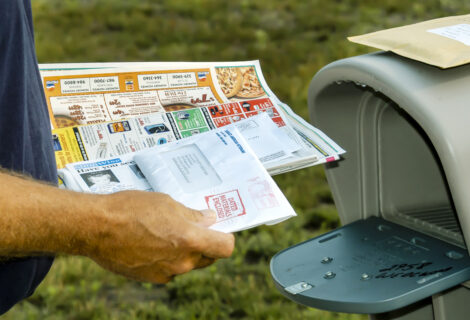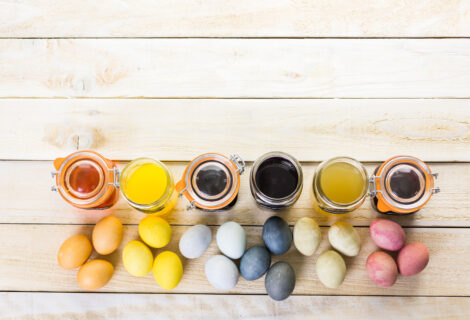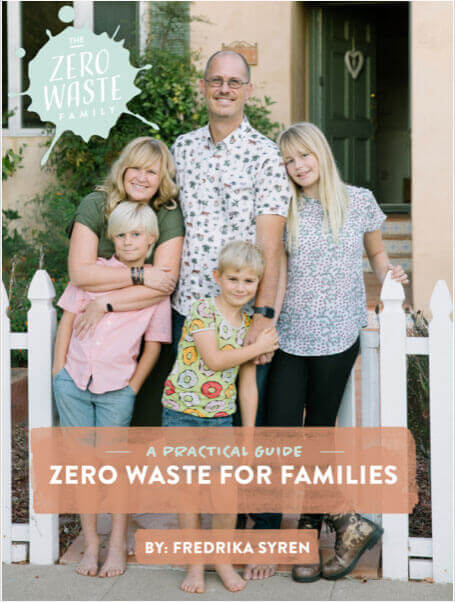Fredrica Syren:
As you may have read this month, I have joined the Plastic-Free July Challenge. One very good reason for avoiding plastic is that it is chemical laden. Most of us have heard of BPA and that we should avoid it. Many people assume that BPA is only in water bottles, but the truth is that, because BPA is common in so many more consumer products we use for our day-to-day lives, we’re all exposed to it more than we realize.
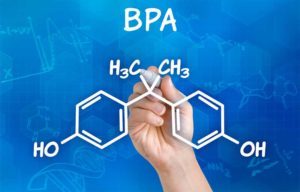 BPA is one of the most common chemicals to which we are exposed in our daily life, so most of us have it in our bloodstream. BPA is found in the lining of canned foods, plastic water bottles, fast food wrappers, processed food packaging, dental sealants, medical supplies, and in store recipes.
BPA is one of the most common chemicals to which we are exposed in our daily life, so most of us have it in our bloodstream. BPA is found in the lining of canned foods, plastic water bottles, fast food wrappers, processed food packaging, dental sealants, medical supplies, and in store recipes.
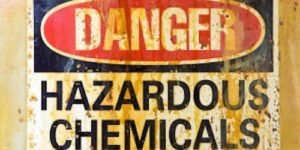 The bad thing about BPA is that it mimics our own hormones and ends up disrupting our endocrine system. This system’s job is to produce hormones that regulate metabolism, growth, development, reproduction and sleep. So, these very harmful toxins cause damage to our hormones and nervous system, and create all kinds of problems and illnesses. Research shows that since WWII there has been a dramatic increase in breast cancer and that girls reach puberty earlier. These developments as well as ADHD, obesity and diabetes have been linked to BPA exposure.
The bad thing about BPA is that it mimics our own hormones and ends up disrupting our endocrine system. This system’s job is to produce hormones that regulate metabolism, growth, development, reproduction and sleep. So, these very harmful toxins cause damage to our hormones and nervous system, and create all kinds of problems and illnesses. Research shows that since WWII there has been a dramatic increase in breast cancer and that girls reach puberty earlier. These developments as well as ADHD, obesity and diabetes have been linked to BPA exposure.
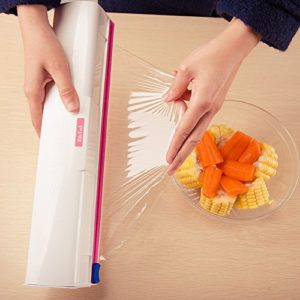 Furthermore, when containers, wrappers, packaging or bottles containing BPA are disposed of, these chemicals leak into soil, water, wildlife and our bodies. Among other things, the most BPA is found in products such as canned foods and beverages, in food from restaurants or even schools lunches, frozen meals, microwavable foods, and is also found in recipes.
Furthermore, when containers, wrappers, packaging or bottles containing BPA are disposed of, these chemicals leak into soil, water, wildlife and our bodies. Among other things, the most BPA is found in products such as canned foods and beverages, in food from restaurants or even schools lunches, frozen meals, microwavable foods, and is also found in recipes.
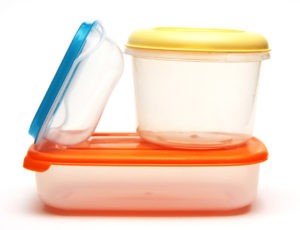 So, BPA is for sure something we want to avoid, especially for children since they are more sensitive to chemical exposure than adults are. The good news is that we can reduce our exposure significantly with a just a little awareness and a few practical changes. And, yes, avoiding plastic is one of them. However, there is plastic in many products we don’t even think of.
So, BPA is for sure something we want to avoid, especially for children since they are more sensitive to chemical exposure than adults are. The good news is that we can reduce our exposure significantly with a just a little awareness and a few practical changes. And, yes, avoiding plastic is one of them. However, there is plastic in many products we don’t even think of.
Here are some tips on how to reduce your exposure to BPA:
- Use glass baby bottles instead of plastic.
- Use beeswax wraps instead of plastic wrap.
- Use glass containers or mason jars to store food in instead of plastic Tupperware.
- Invest in a metal kettle and fresh press coffee makers.
- When getting coffee from a coffee shop, bring your own plastic free and reusable coffee cup.
- Skip canned food, and can your own tomatoes etc. in glass jars.
- Buy natural wood or cloth toys for children, or make sure the plastic toys are safe.
- Say no to recipes.
- Skip soda cans.
- Talk to your dentist about BPA free alternatives.
- Invest in a plastic free water bottle.
- Use reusable cloth sandwich and snack bags instead of zip lock bags.
- Use garbage trash bags made with compostable corn starch.
- Brush teeth with a bamboo tooth brush, and floss with plastic free and compostable dental floss.
- Buy a bamboo brush and comb.
- Buy shampoo, conditioner and lotion in bulk using a glass jar.
- Buy food in bulk, using your own glass jars and skip plastic bags.
- Bring cloth shopping bags and produce bags.
- Eat at home.
- Shop at a local farmer’s market because food usually comes package free there.
- Use bamboo baby and kid’s plates, cups and cutlery.
- Use cloth diapers instead of disposable ones.
- Use a natural BPA free pacifier for baby.
- Bake your own bread.
- Freeze bread in cloth bags instead of plastic bags.
- Skip fleece clothes and products.
- Use metal or bamboo straws instead of plastic ones.
- Bring reusable silverware or bamboo cutlery to work for lunch.
- Use only biodegradable or real plates.
- Make homemade popsicles in reusable metal molds for kids.
- Convert to paperless bills and invoices.


